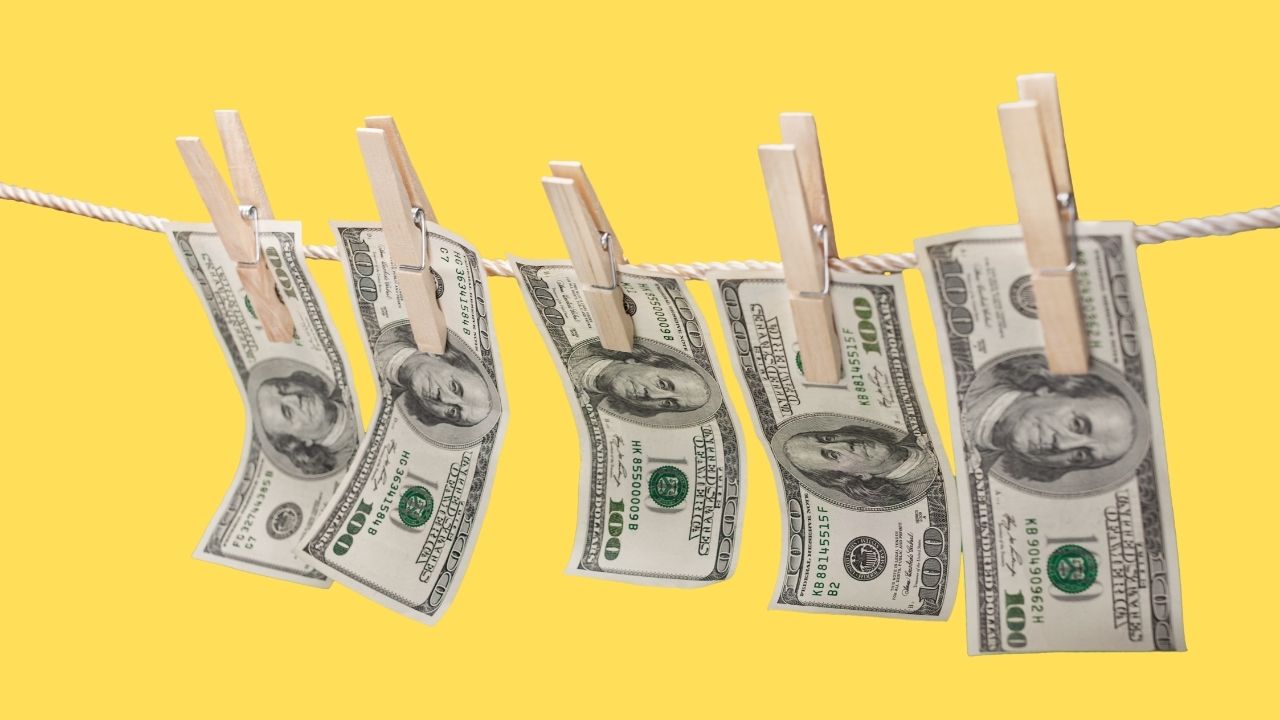- Many argue that another minimum wage raise is overdue in the U.S. as the cost of living and inflation have outpaced the current minimum of $.7.25 per hour.
- On the other hand, others argue that raising the minimum wage will destroy jobs and force small businesses out of business, especially in the aftermath of the COVID-19 pandemic.
- With the rise of remote work, it is easier for companies to outsource work overseas cheaper; but in industries where work cannot be done offsite, raising wages has become key to attracting talent.
Minimum wage is the lowest salary an employer can legally pay to their employees.
According to Indeed, the Fair Labor Standards Act of 2009 raised the federal minimum wage to $7.25 per hour in the U.S., but since that time, the cost of living and inflation have outpaced that minimum.
According to the Economic Policy Institute, that $7.25 was worth 14.8% less in 2018 than in 2009 and close to 30% less than in 1968. This has led many to infer that another minimum wage raise is well overdue.
“Raising the minimum wage is long overdue. Workers today who are paid the current federal minimum wage are paid 30% less in inflation-adjusted terms than their counterparts were paid 53 years ago,” said Heidi Shierholz, a senior economist and director of policy at the left-leaning Economic Policy Institute.
Living wage and minimum wage advocates have been fighting for decades for higher pay for workers, but many employers and companies are unwilling to increase their wages.
What is the difference between a minimum wage and a living wage?
The minimum wage is the minimum employers must pay workers. The living wage is the money workers need to earn in order to cover the basic costs of living, such as food and shelter. In many cases, the minimum wage may not be enough to be considered a living wage.
What are the pros and cons of raising the minimum wage?
- Boosting the economy: A great way to boost the economy is to give people the funds they need to purchase products, goods, and services. Increasing the minimum wage gives individuals more buying power, and the economy can experience an uptick because of increased spending.
- More jobs: As people continue to stimulate the economy with their new purchasing power, demand for goods and services increases, which can lead to the creation of more jobs to keep up with demand. Companies then need to hire more workers so they can increase production.
- Helping employees and their families: Other than being able to purchase more items, employees and their families benefit from a minimum wage increase because it helps them weather price inflation and the inevitable increase in the cost of living. Raising the minimum wage pulls a lot of families out of poverty.
The cons:
- Higher product costs: An increase in the minimum wage adds to the overhead costs of operating a business, which may result in a higher price point getting passed along to consumers. Over time, this may translate to a higher cost of living and more minimum wage increases.
- A stalled job market: Because of the increased cost of doing business, companies may go on a hiring freeze to keep costs as low as possible. This means that unemployed people or people who have just graduated from college may end up spending more time and effort looking for a job before getting hired.
- More outsourcing: If the cost of outsourcing work is less than the cost of hiring new employees, companies may gravitate toward outsourcing to keep overhead costs at a manageable amount for successful operations.
What incentives do employers have to raise their minimum wage?
Some lawmakers feel that now is not the time to raise operating costs for businesses.
“A federal, nationwide mandate to raise the minimum wage to $15 per hour will put us right back to where we were months ago — American jobs destroyed, small businesses forced to close their doors, and life savings gone to waste. I can’t think of anything more devastating at a time when our small businesses are barely getting back on their feet,” said Rep. Elizabeth Ann Van Duyne, R-TX.
Many opponents of the $15 minimum wage fear it will lead to job losses and business closures.
Employers may not see any incentives to increase the wage they pay their workers. Some may argue that if people keep taking jobs that pay the minimum wage or low wages, employers will have no reason to raise their pay.
Companies don’t have to raise the minimum wage if they outsource remote or manufacturing work
As remote work becomes more mainstream, it becomes apparent that a large portion of work can be done online. What’s to stop employers from outsourcing to other countries that have cheaper labor?
Nothing. In fact, many do.
Apple, Google, and Slack, just to name a few, outsource much of their labor overseas because it’s cheaper.
Still, there are workers in the U.S. who are barely getting by on the minimum wage – and many aren’t.
While it’s accurate to say that the minimum wage in America has not kept up with inflation, things are beginning to look better for workers.
“The Great Resignation” and Its Impact on Wages
The current labor shortage has recently opened up many positions for workers, and employers in some industries have had to raise their wages and even offer sign-up bonuses to attract potential candidates.
Data has shown that employees are quitting at levels not seen in the last 20 years. According to data from the Bureau of Labor Statistics, 4.3 million people quit their jobs in August, which represents almost 3% of the workforce.
The implications of this shift in the job market could force companies to increase their minimum wage to attract workers, despite the rise in remote work.
In fact, this is already happening.
The Bureau of Labor Statistic’s Employment Cost Index published June 2021 found that annual compensation growth had strengthened, especially in service occupations. According to the data, wages and salaries increased 3.5% for workers in the private sector in the year ending in June. This is the largest reported increase in over 14 years.
Findings from a survey conducted by Salary.com found that:
- 50% of organizations are currently using signing bonuses for new hires.
- More than 62% of organizations expect to increase new hire base salary rates for exempt and non-exempt employees in the next six months.
- 67% said their starting base salaries are above their market reference point.
- 21% of companies surveyed are currently offering retaining bonuses.
Some companies that have announced wage increases this year include:
- Amazon
- Bank of America
- Chipotle
- Walmart
- Under Armour
- Starbucks
- CVS Health
- Target
- Walgreens
The AP recently reported that wages jumped in the three months ending in September by the most on records dating back 20 years.
Lower-paid workers have seen the biggest gains, with pay rising for employees at restaurants, bars, and hotels by 8.1% in the third quarter from a year earlier. For retail workers, their pay jumped 5.9%.
Workers have gained the upper hand in the job market for the first time in at least two decades, and they are commanding higher pay, more benefits, and more flexibility.



 Dr. Gleb Tsipursky – The Office Whisperer
Dr. Gleb Tsipursky – The Office Whisperer Nirit Cohen – WorkFutures
Nirit Cohen – WorkFutures Angela Howard – Culture Expert
Angela Howard – Culture Expert Drew Jones – Design & Innovation
Drew Jones – Design & Innovation Jonathan Price – CRE & Flex Expert
Jonathan Price – CRE & Flex Expert













